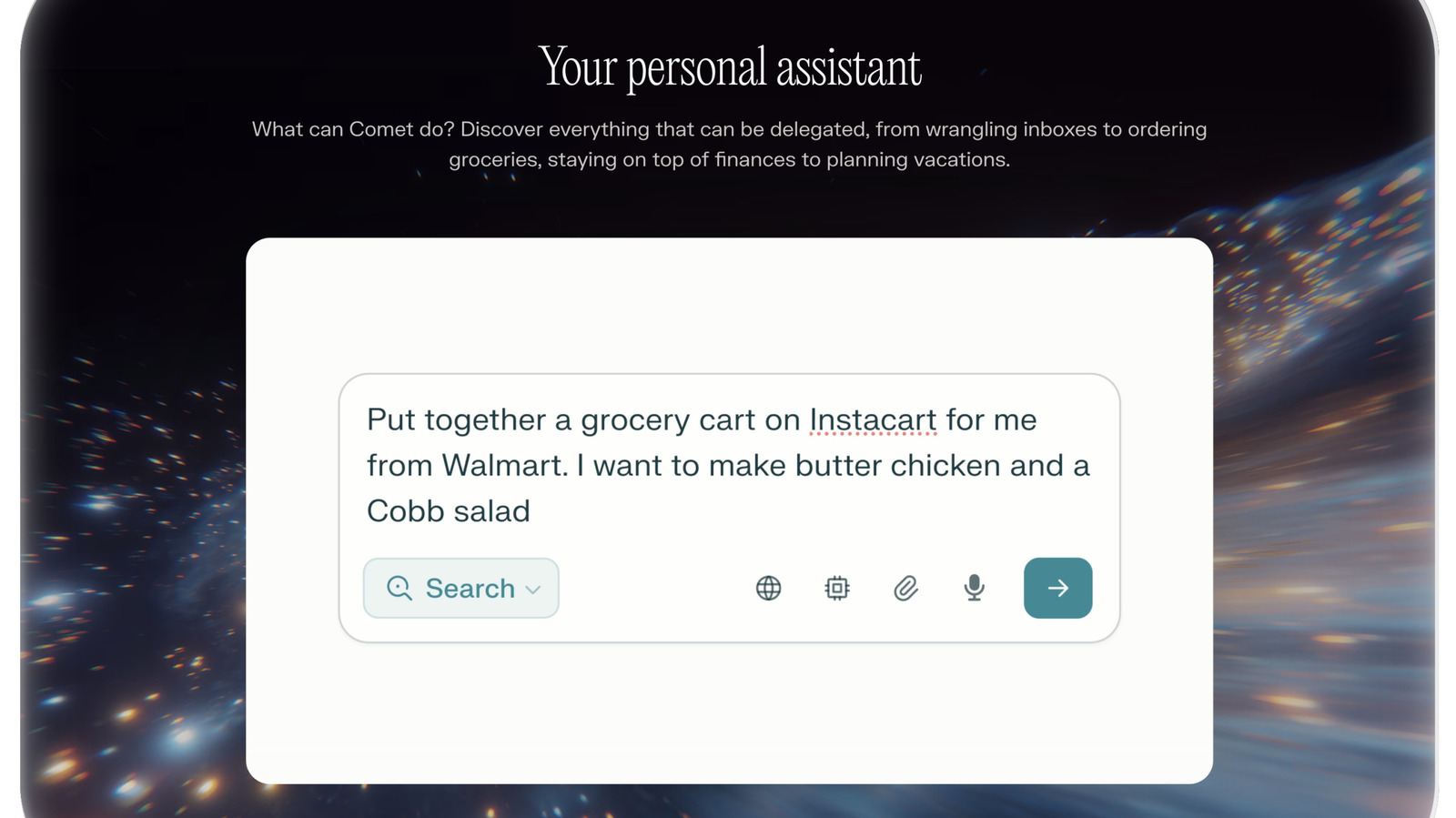A new Seattle health tech startup is taking aim at the administrative tasks that are a burden to mental health clinicians and practice owners.
Alpyne Labs‘ first product is Juno, an AI-powered digital assistant that can take care of benefits checks, billing, scheduling, notes organization and more to free up therapists to concentrate on patient care.
The company was co-founded by CEO Justin Ith, a University of Washington graduate who began his career at Madrona Venture Labs, started a medical device company during the COVID pandemic, and then returned to Madrona to spin out a healthcare billing and claims automation startup in 2023.
Alpyne Co-founder Michelle Arendas, a 20-year veteran of in healthcare administration and automation, is serving as vice president of customer success.
Juno works as a Chrome extension and appears as a floating widget across electronic health record (EHR) tools such as TherapyNotes, SimplePractice, TheraNest, and more. Users can click and speak directly to the tool with their requests.
Ith likens Juno to the way the superhero Iron Man uses his disembodied assistant, Jarvis.
“Non-tech people are so conditioned to talk to these AI’s like old-school Siri or Alexa: short, declarative statements,” Ith said. “It’s been a process of unlearning that and teaching users to talk like it’s your front desk assistant: full sentences, banter, natural pauses, etc.”

Admin tasks can be time-consuming work for therapists, especially those who own their own practices. Some resort to hiring billing services, joining online group practices, or using generic automation tools not built specifically for healthcare.
Some workflows, such as those for payment posting and zero-pay claims, involve multiple manual steps in an EHR tool. A single batch of payments can mean repeating the steps dozens of times across multiple clients, and if anything is missed, the therapist doesn’t get paid correctly.
Ith said Juno is purpose-built for mental health practices, with baked-in payer logic, note formats, and workflows specific to the field. A therapist can install the Chrome extension and get set up in under an hour, he said.
There are other Seattle-area startups focused on using technology to serve mental healthcare providers, including Joon, which provides online therapy for young people, and NewDays, which uses a generative AI therapy to treat people with mild dementia.
And others are using AI to help businesses automate tedious back-office tasks, including Caddi, which handles customer onboarding, email management, document organization, data entry and invoicing.
Alpyne Labs, which is currently generating revenue, offers its software through a flat pricing model so therapists can pay a predictable monthly fee.
The startup is bootstrapped and serves mental health practices of varying sizes. A handful of “design partner” practices, mostly in the Seattle area, have been helping to shape Juno in beta. A public waitlist opened last week, according to a post by Ith on LinkedIn.










